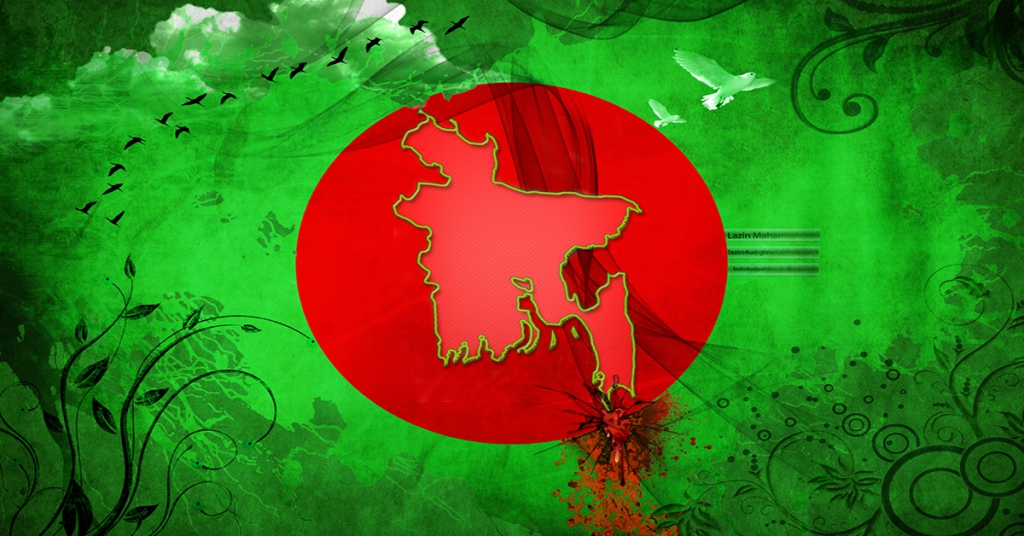Human rights organisation Odhikar has released report detailing the human rights situation in Bangladesh in February 2018. Bangladesh is currently governed by the Awami League-led alliance, which has been in power since 2009. The report alleges that the government has “made different, important government and independent institutions politicized and subservient to it.” It says that human rights in Bangladesh have “deteriorated to a great extent in the last 10 years and the incumbent government has created a fearful environment in the country by severely curtailing civil and political rights.”
There have been instances of enforced disappearance, torture, extrajudicial killing, and kneecapping, with victims including leaders and activists belonging to the political opposition. In February 2018 as well, such incidents were reported, including torture in custody, deaths in prison because of a lack of treatment, as well as public lynching.
Corruption, particularly in the banking industry, is reportedly rife, especially following the “farcical” 2014 elections that saw rampant election-related offences such as voter intimidation, ballot stuffing, and the capturing of polling places. Moreover, 153 members of parliament were declared as elected, uncontested, even prior to the polling.
Government pressure on the media has allegedly resulted in journalists being compelled to self-censor; the government has also shuttered several electronic media properties that were pro-opposition since 2013, with journalists allegedly being targeted in this period. Journalists’ pushed for the repeal of five sections of the “repressive” information and Communication Technology Act 2006, but the proposed Digital Security Act 2018 seemingly promises to also be repressive, since it included the repealed sections.
February also saw numerous instances of violence against women, allegedly because various laws, such as the Dowry Prohibition Act, Acid Crime Prevention Act, and the Domestic Violence Prevention Act, are not being implemented. Odhikar’s data indicates that January and February collectively saw 23 cases of dowry-related violence against women, 115 cases of rape, 26 cases of sexual harassment or stalking, and 3 cases of acid violence.
Leaders and activists allied to the ruling Awami League have allegedly engaged in rampant criminal activities in the last decade with impunity. There have also been reports indicating that police and ruling party activists targeted those belonging to the opposition, and dissenters. Most notable in February 2018 was the case of Khaleda Zia, chairperson of the main opposition party BNP, was sentenced to five years in jail in the Zia Orphanage Trust corruption case, starting the day the verdict was declared itself: February 8, 2018. The government had allegedly begun engaging in large-scale suppression against opposition activists and leaders starting from January 30, 2018 itself, including mass arrests, and filing cases. This continued into February. Law enforcement allegedly vandalised BNP activists’ and leaders homes under the pretence of conducting searches, detained and tortured them, and allegedly filed several hundred cases against the opposition.
Odhikar’s report also accuses Indian Border Security Force (BSF) members of looting, torturing, and killing Bangladeshi citizens. Data indicates that in January and February, 3 Bangladeshis were killed, 8 were tortured, and 2 were abducted by the Indian BSF. The entire report may be read here.

